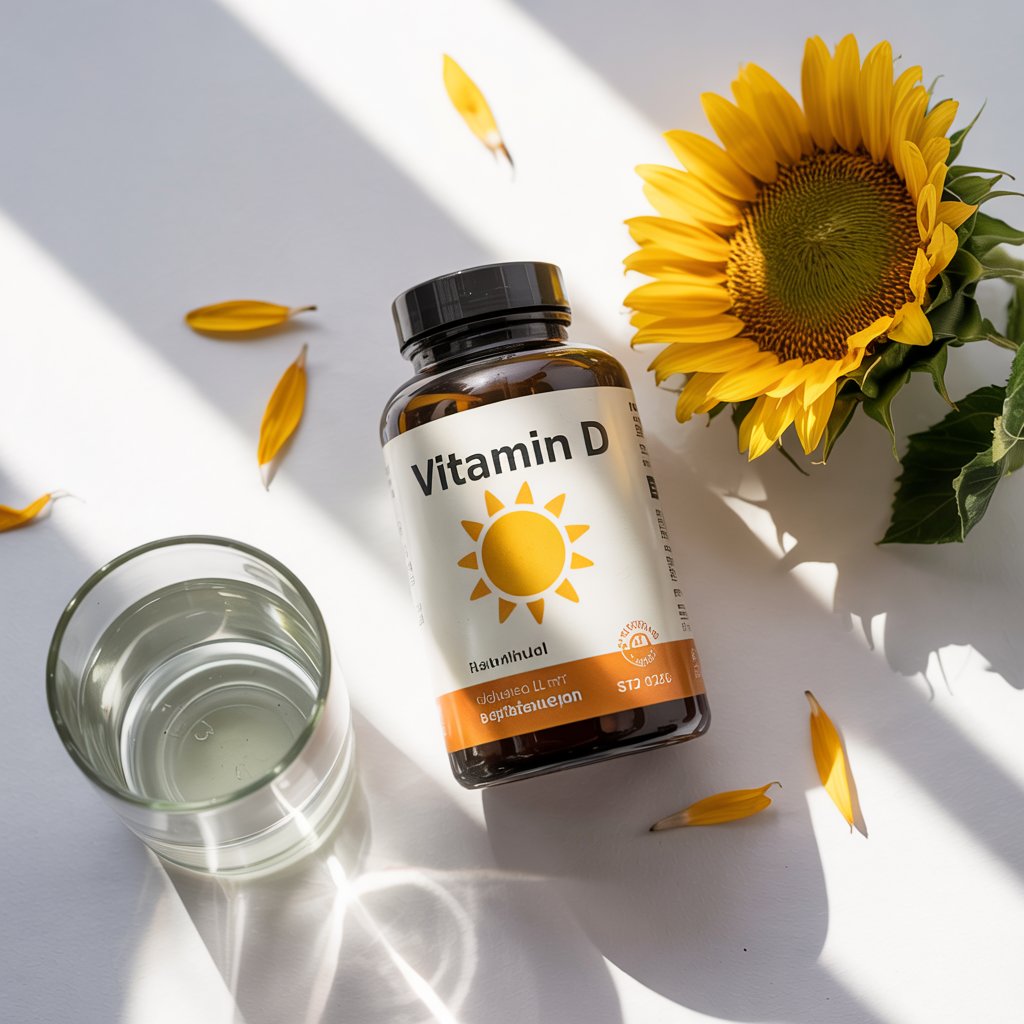Physical Address
304 North Cardinal St.
Dorchester Center, MA 02124
Physical Address
304 North Cardinal St.
Dorchester Center, MA 02124

If you’re someone who loves to get out and grind—whether it’s an early morning jog, cycling with friends, or a fast-paced hike—you probably know that staying healthy means more than just staying active. It’s not just about the miles you log or the sweat you earn; it’s also about fuelling your body with the right nutrients. One hot topic among wellness enthusiasts is vitamin D. So, let’s dive into what vitamin D is, why you might want to pay attention to it, and if a supplement is right for your energetic lifestyle.

Vitamin D is a fat-soluble vitamin that often earns the nickname “the sunshine vitamin” because your skin can produce it when you soak up some rays. Currently there are even discussions between scientists whether it shall be really considered as vitamin and not a prohormone because is created within the body due to sunshine. However, for the purposes of this article we will use commonly used title “Vitamin D”. We recognize two main forms you should know about:
Even if you’re out enjoying nature, it’s helpful to know that while your body loves to make vitamin D from sunlight, many of us—especially athletes and active individuals with packed schedules—might want a little extra help meeting our daily needs.
Vitamin D is more than just a bone builder. For those of us who lead active lives, it brings some real benefits:
Natural Sunlight
For most active folks, spending time outdoors is already part of the plan. When the sun is shining on your skin, you’re naturally producing vitamin D. However, factors like weather, the time of year, or simply living in a higher latitude can make it trickier to get enough—it’s not always sunny when you want it to be. And also we have our regular busy workdays during which you might struggle getting enough sunlight.
Food Sources
You can also grab vitamin D through your diet. Foods rich in vitamin D include:
Even with these tasty choices, it might be hard to get enough vitamin D from food alone, especially for those of us with busy, action-packed routines. Also heavy portions of some of the above mentioned meals might have other adverse effects – more on that soon on our blog!
Even if you’re out on a run or crushing your workouts, lifestyle and biology can still play tricks on your vitamin D levels. Here are some factors that could leave you in a deficit:
If any of these hit home, it might be a sign to think about supplemental vitamin D.
For those of us living an active lifestyle, knowing exactly how much vitamin D you need is key. While individual requirements vary, most health authorities provide some general guidelines:
These numbers aren’t one-size-fits-all—they offer a starting point that you can adjust based on your lifestyle, sun exposure, and dietary habits. Keeping tabs on your vitamin D levels with periodic check-ups ensures you’re fuelling your body just right for those active days.
The short answer is: it depends on you. Here are a few thoughts to help you decide:
Before you start any new supplement regime, it’s always smart to check in with a healthcare provider who can offer personalized advice and maybe run a blood test to see where you stand.
AFFILIATE LINK recommendations for Vitamin D – Life Extension Europe – https://www.lifeextensioneurope.com/vitamin-d3-125-g-5000-iu-60-softgels
Now with 15% off and free shipping
For active people, the ideal approach is a mix of sensible sun exposure, a nutrient-rich diet, and if needed, a well-chosen supplement. There isn’t one magic formula—it’s about creating a balance that fits your life and workout routine.
Here are a few tips:
Choosing whether or not to add a vitamin D supplement into your routine is a personal call that depends on your lifestyle, diet, and even your local weather patterns. For many active people, blending outdoor workouts, a well-rounded diet, and a targeted supplement during the dull winter months can boost performance, mood, and overall wellness.
If you’re curious about how vitamin D—or how it interacts with other nutrients—can further support your active endeavours, talk to a healthcare professional or dive into some of the latest health studies. Keeping up with the evolving science can help you fine-tune your routine and maintain that energetic, adventure-ready vibe.
So, what’s your take? Do you lean on the sun, a well-planned diet, or do you rely on supplements to fill in the gaps? The conversation continues—and so does your journey toward optimal health.